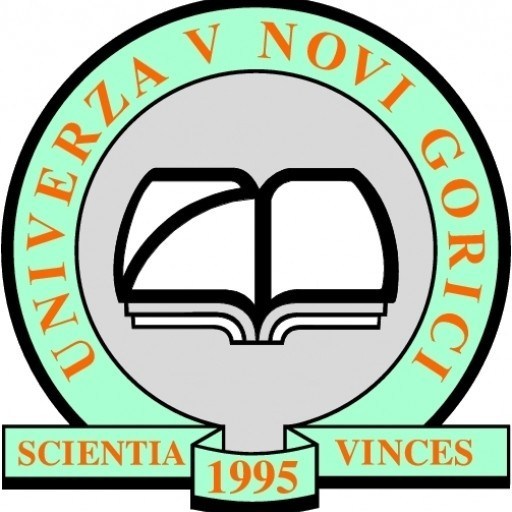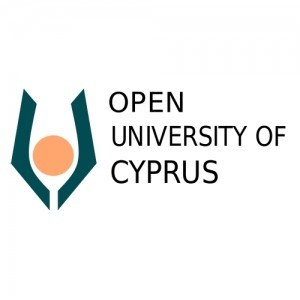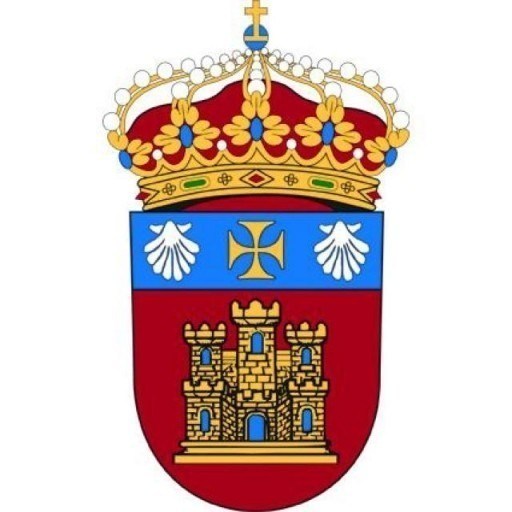Photos of university / #ucl
The MSc Artefact Studies programme at University College London offers a comprehensive exploration of the material culture and the significance of artefacts within historical, socio-cultural, and archaeological contexts. This interdisciplinary course is designed for students interested in understanding the production, use, and interpretation of artefacts across different periods and societies. Leveraging UCL’s prestigious reputation in archaeology, history, and museum studies, the programme combines theoretical frameworks with practical skills to analyze the cultural meanings embodied in objects. Students will engage with a wide variety of artefacts, from ancient to modern times, developing the ability to contextualize objects within broader cultural narratives. The programme encourages critical thinking about issues such as authenticity, conservation, and curatorial practices, preparing graduates for careers in museums, cultural heritage management, archaeology, and research. The coursework includes modules on artefact analysis, archaeological methods, materiality, and the ethics of collection and display. Hands-on experience is emphasized through practical sessions, visits to collections, and collaboration on real-world projects. The programme also promotes research skills, offering opportunities for dissertation work that allows students to investigate specific themes or artefact types in depth. Collaborations with national and international museums and research institutions enhance learning and professional networking. Graduates will be equipped with a nuanced understanding of artefacts as cultural texts, capable of contributing to the preservation, interpretation, and management of cultural heritage. The MSc Artefact Studies prepares students both for advanced academic research and for careers in sectors dedicated to cultural preservation and public engagement with history.
Core modules
All students are required to take the following:
- Working with artefacts and assemblages
- Technology within Society
Optional modules
Students choose to follow further optional modules up to the value of 60 credits from an outstanding range of Master's options available at the UCL Institute of Archaeology. For this degree, some of the most popular choices include:
- Antiquities and the Law
- Archaeological Ceramic Analysis
- Archaeological Glass and Glazes
- Archaeometallurgy I: Mining and Extractive Metallurgy
- Archaeometallurgy II: Metallic Artefacts
- Art: Interpretation and Explanation
- British and European Prehistory: Neolithic to Iron Age
- Experimental Archaeology
- Funerary Archaeology
- Geoarchaeology
- Intangible Dimensions of Museum Objects from Egypt
- Interpreting Pottery
- Issues in Conservation: Understanding Objects
- Making and Meaning in Ancient Greek Art
- Making and Meaning in Ancient Roman Art
- Prehistoric Stone Artefact Analysis
Dissertation/report
The 15,000–word dissertation normally combines a professional standard finds report with an academic overview.
Teaching and learning
The programme is delivered through formal lectures, seminars and practical sessions. It can include a placement at a relevant museum or archaeological unit where students gain experience in the practical study and the recording of an artefact assemblage. Assessment is through an essay, a portfolio, a project proposal and the dissertation.
- 5 year Specialist Diploma with an overall mark of 4.5/5.0
- Bachelor's degree with an overall mark of 4.5/5.0
- Test of English as a Foreign Language (TOEFL). Score of 100 overall with 24/30 in reading and writing and 20/30 in speaking and listening
- British Council International Language Testing System (IELTS Academic Version). Overall grade of 7.0 with a minimum of 6.5 in each of the subtests.
The financing of the Artefact Studies program at University College London is designed to provide prospective students with a range of funding options to support their academic pursuits. The university offers various scholarships, bursaries, and financial aid packages specifically aimed at students enrolled in this interdisciplinary program. UK and international students may be eligible to apply for these scholarships, which are awarded based on academic merit, financial need, or a combination of both. Additionally, students are encouraged to explore external funding sources such as government loans, private scholarships, and sponsorship opportunities relevant to arts and cultural studies. The university maintains a dedicated financial aid office that offers guidance on applying for funding, managing tuition fees, and accessing grants or work-study opportunities. Tuition fees for the Artefact Studies program vary depending on residency status, with UK/EU students benefiting from lower fees compared to international students. The university also provides information on installment payment plans, allowing students to spread their tuition payments over the academic year to ease financial burden. To support students in covering living expenses, UCL offers various hardship funds and emergency bursaries, which can be accessed in case of unexpected financial difficulties. International students are advised to consider additional funding options available in their home countries or through international organizations that support arts and cultural education. Students are encouraged to start their scholarship applications early, as many funding sources have deadlines several months before the start of the academic year. Overall, UCL’s comprehensive approach to financing aims to make Artefact Studies accessible and affordable, enabling talented students from diverse backgrounds to engage with the program and pursue their academic and professional goals without excessive financial constraints.
The MSc in Artefact Studies at University College London is an interdisciplinary postgraduate program designed to explore the history, theory, and materiality of artefacts across various cultures and periods. This programme aims to develop a comprehensive understanding of objects, considering their cultural significance, manufacturing techniques, preservation, and the roles they play within societies. Students engage in critical analysis of artefacts through a combination of historical research, technical examination, and theoretical reflection, enabling them to interpret the meaning and value of objects within their social and cultural contexts.
The curriculum typically includes modules on material culture, object conservation, museum studies, archaeology, and heritage management. Students may also have opportunities for hands-on experience with artefact handling and conservation techniques, as well as digital documentation methods like 3D scanning. The program fosters an analytical mindset necessary for careers in museums, galleries, archaeological institutions, or academic research. Additionally, students learn to employ various research methodologies, from traditional archival study to digital humanities tools, ensuring they are equipped to analyze artefacts comprehensively.
The programme encourages collaborative projects and fieldwork, providing practical experience in the care, display, and interpretation of artefacts. Graduates of this program often pursue careers as curators, conservators, heritage managers, or researchers within cultural institutions, ensuring the preservation and understanding of artefacts for future generations. The university's strong links with cultural and archaeological institutions offer students valuable networking opportunities and potential internships.
This MSc typically lasts one year full-time or two years part-time, with a focus on both academic theory and practical skills. Admission requirements often include a relevant undergraduate degree, such as archaeology, history, anthropology, or archaeology-related disciplines. The program is suitable for those seeking to deepen their knowledge of artefacts and cultural heritage, or for professionals looking to advance their expertise in object analysis, conservation, and heritage management. The diverse student body includes individuals from around the world, reflecting the global importance and appeal of artefact studies. Overall, University College London's MSc in Artefact Studies provides an academically rigorous and practically oriented education that prepares graduates for challenging careers in cultural heritage and museums worldwide.










